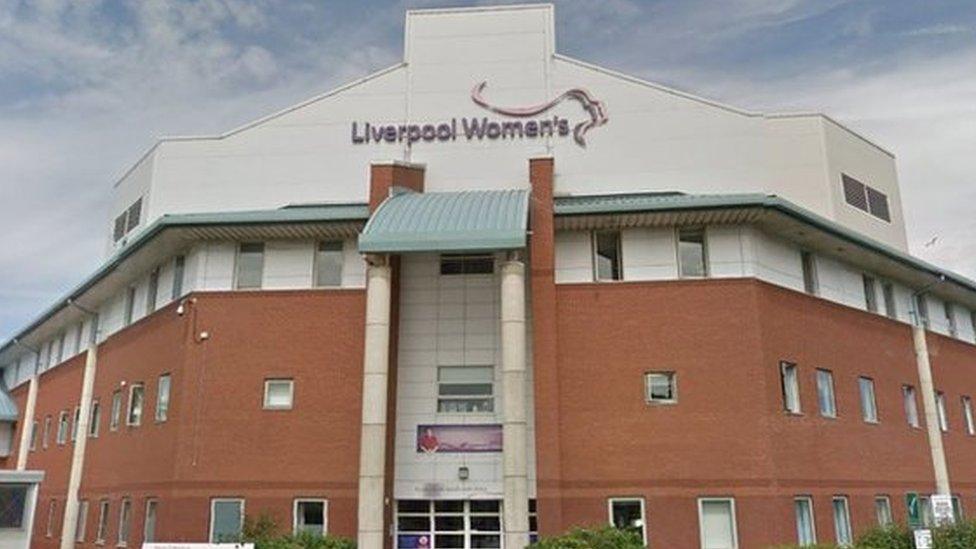The debate on where city’s babies should be born
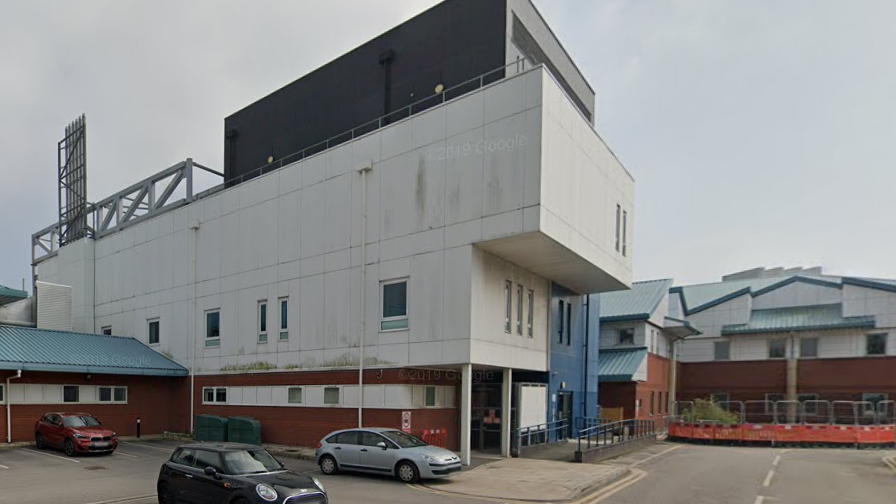
More than 7,500 women give birth in Liverpool Women’s Hospital each year
- Published
For 29 years a specialist women's hospital has brought many of a city’s babies into the world and inspires huge affection.
Liverpool Women's Hospital is a major research centre and deals with all aspects of women’s health – from childbirth to the menopause – and is the largest hospital of its type in Europe and the only one in England.
But for years its geographical locations, as well as the fact it is a stand-alone site has been identified as a major issue.
Midwife Jo Kennedy has been working there for a decade and said many of the staff have had their own babies in the hospital and felt proud to work there.
“It’s a fabulous place to work," she said.
"Childbirth is a really positive experience and we try to empower women to have the birth experience that they want.
"We have a really dedicated team who provide really high-level care."
But Ms Kennedy also sees the downside to the hospital’s location and facilities.
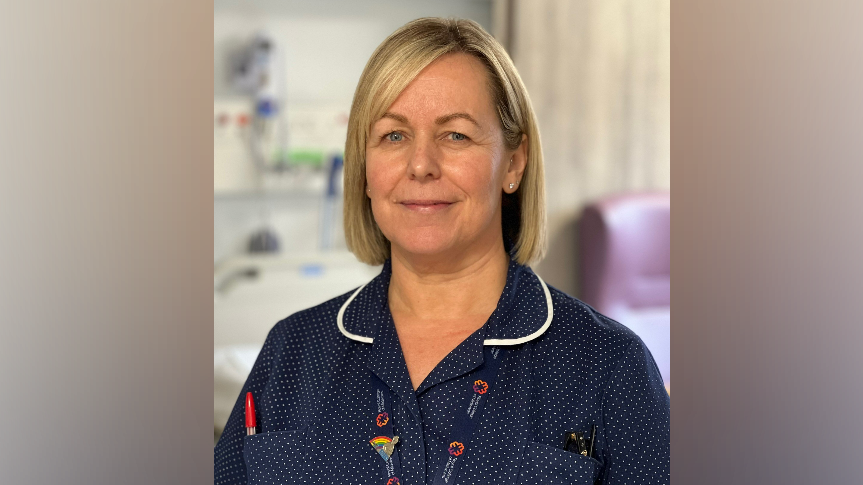
Jo Kennedy has worked as a midwife at the hospital for ten years
One problem is that it has no critical care facilities, so if things go severely wrong, women have to be “blue lighted” in an ambulance to one of the city’s two acute hospitals – Aintree or more usually, the Royal Liverpool.
Emma Gregson is a sister on critical care unit at the Royal Liverpool and has looked after several women after their transfer.
The hospital is just 1.3 miles (2km) away from Liverpool Women’s, but she said the process of having to change sites could have a significant impact on the patient.
"Certainly if they are an awake patient, it’s really traumatic," she said.
"I can’t imagine what that must feel after you’ve gone through - whether that be an operation or childbirth- and have to then come in an ambulance and be transferred over."
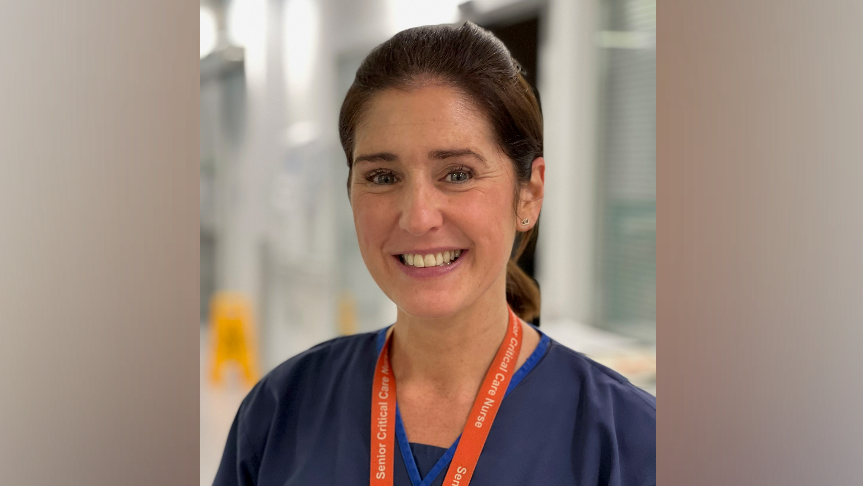
Emma Gregson is responsible for the care of women after their transfer
And because the Royal Liverpool does not have a neonatal unit, if a woman is transferred there after labour, her baby has to stay at Liverpool Women’s.
Ms Gregson pointed out that this also meant missing out on valuable bonding time together after the birth.
"And then the poor dad of the baby doesn’t know what to do or where to be – whether to go there or whether to come here and support each of them. It’s a really traumatic time. Really awful," she said.
Every year around 220 women are transferred by ambulance between Liverpool Women’s Hospital and the other major hospitals in the city – about four a week on average.
'Where do you go?'
Around half of those are emergency cases and it is this fact which is driving this debate over the future of Liverpool's maternity services.
The lack of maternity services at the Royal and Aintree hospitals also means that pregnant women admitted there for other health problems have no pregnancy support.
Dr Oliver Zuzan, the Royal Liverpool’s medical director, said: "If you are pregnant and you develop a headache or a tummy pain, where do you go?
"You normally go to your emergency department and that’s absolutely fine….but we have no support for the pregnancy side of it. We can do everything else apart from dealing with the pregnancy."

Oliver Zuzan said there is no support for the pregnancy side of care where he is based
Ms Kennedy specialises in critical care and outreach and spends her time travelling from her base at Liverpool Women’s to the Royal Liverpool and Aintree, visiting women who have been hospitalised there for other conditions, but are also pregnant.
"The problem is that the staff at these sites aren’t trained midwives. They are nurses so they don’t know how to monitor for the pregnancy or foetal concerns.
“So if the woman reports an issue with the baby - say she has reduced foetal movements, we have to consider is she better looked after on that site or should we bring her over to the Women’s?”
“If we bring her back over here, we might not have specialists [to treat] whatever she’s been admitted for."
'Very tranquil'
Those running the city’s hospitals said change was long overdue and were looking at how maternity services should be provided in the city.
But it has been met with stiff resistance in some quarters, with a petition against any proposed changes attracting 75,000 signatures.
More than 7,500 women give birth in Liverpool Women’s Hospital each year and protesters point out that the vast majority stay there – in a hospital built specifically for, and concentrating entirely, on them.
Lesley Mahmood, co-founder of the “Save Liverpool Women’s Hospital” campaign, set up in 2015 when plans to reorganise maternity services were last looked at, said: “It’s a beautiful site. It’s quiet, it’s very tranquil, it’s low rise…many women don’t want the chaos of a general hospital.
“The women generally feel that it’s a very, very safe place for them to go to, and they value that highly."
Ms Mahmood pointed out that the specialist gynaecology emergency department at Liverpool Women’s had a far faster treatment rate than most general hospitals, with a calmer atmosphere.
She said she was worried that any reorganisation would see it merged into the Royal Liverpool’s, which deals with the full range of medical emergencies.
Protesters said a previous plan in 2017 to move women’s services from the women’s hospital to a site next to the Royal Liverpool, external, was simply being reactivated after it was paused when it failed to get funding from central government.
Rebecca Smyth, a former midwife at the Women’s Hospital and one of those campaigning against any change to maternity services in Liverpool, said: “Millions have been spent [at Liverpool Women’s], £15m just recently on a new neonatal unit.
“They have new MRI scans, CT scans, good haematology, good colonoscopy, why would you want to close a hospital where you’ve spent so much money and effort into making it state of the art?"
'Concerning'
The organisation which runs healthcare in the area, the Cheshire and Merseyside Integrated Care Board (ICB), strongly disputed that any plans were being made to close the hospital.
It said no decisions had been made on the best way forward and they were open minded on what needed to happen, but closure of the Liverpool Women's hospital was not something which was being considered.
The campaigners were also unhappy about the public engagement exercise, which has been running since early October to canvas views on what should happen next for maternity services in Liverpool.
Teresa Williamson-Akpan questioned why the public meetings had to be booked in advance.
“I went on the first Teams [video meet] one and there were only seven of us on it and four of us were from the campaign," she said.
“To have a miniscule number of people turning up is concerning, because that’s not representative."
The ICB said the meetings were only a part of their research, which included asking community groups, staff, and former patients for their opinions.
They added that several hundred people had also completed the online survey.
Since the original consultation nine years ago, the debate about how maternity services should work in the city has only become more urgent.
In Liverpool, as everywhere, the average age of mothers is getting older.
Women’s health is predicted to get worse and medical advances also mean that some women who may have been unable to have babies years ago are now able to.
All of these women will need more care than before, but the question of how best to do that is still far from settled.
The public engagement exercise continues until 26 November. Anyone who wants to contribute their views can fill out a questionnaire on the website or email: engagement@cheshireandmerseyside.nhs.uk.
Listen to the best of BBC Radio Merseyside on Sounds and follow BBC Merseyside on Facebook, external, X, external, and Instagram, external. You can also send story ideas to northwest.newsonline@bbc.co.uk, external
- Published1 October 2024
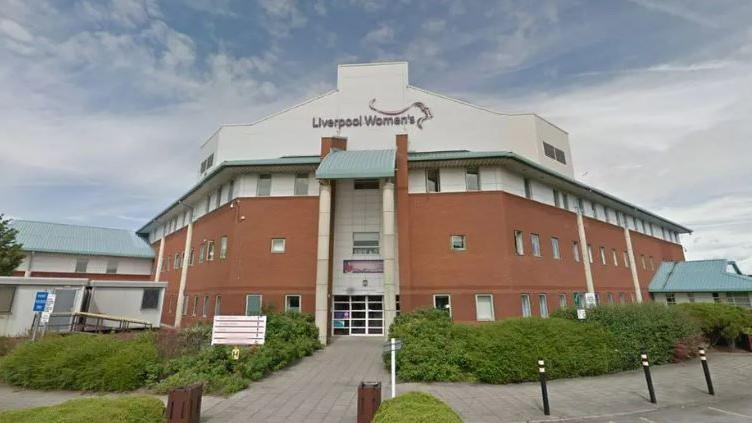
- Published29 April 2024
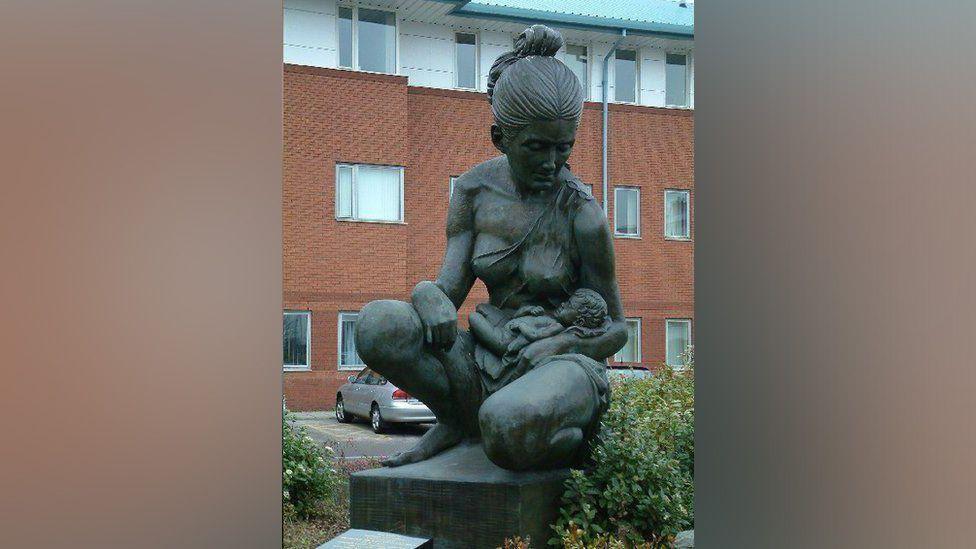
- Published27 September 2017
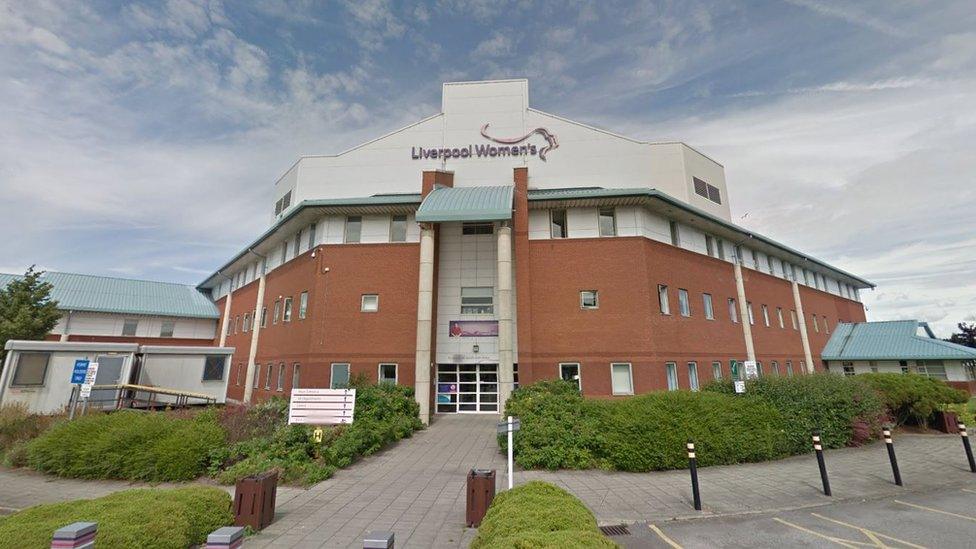
- Published15 September 2021
